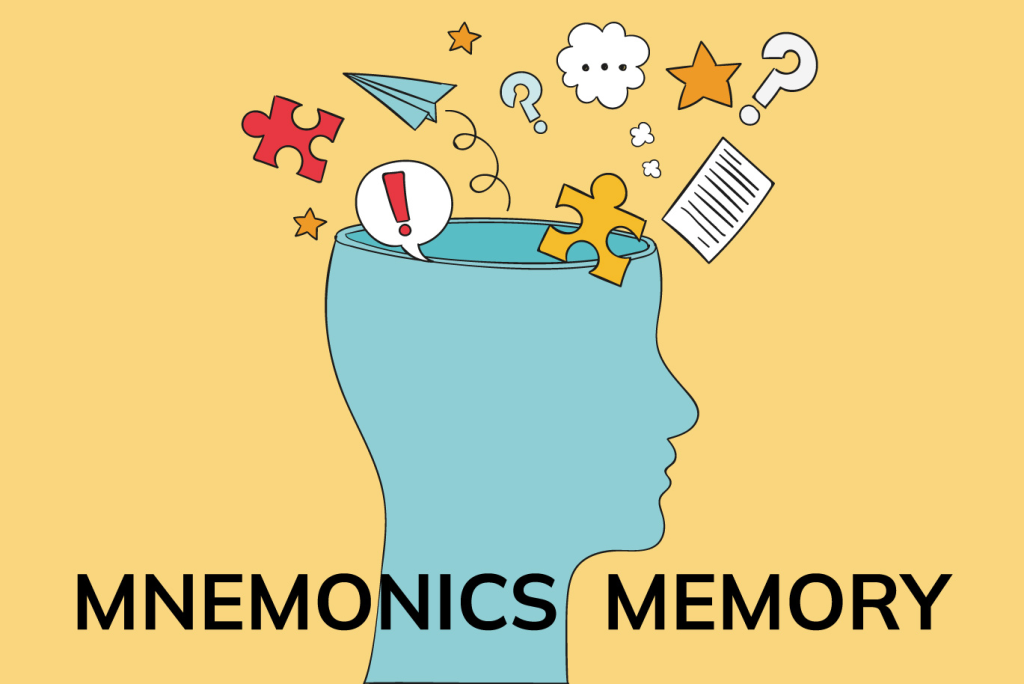ENGLISH-PSYCHOLOGY UNIT : 4 (PART : 3) FORGETTING
FORGETTING:

INTRODUCTION:
- This is a common term that means failure to remember.
- Failure to recall previously learned information on a permanent or temporary basis is called forgetting.
- Forgetting has both positive and negative values in our lives.
- Talking about the positive aspect, forgetting is It is a great blessing for mankind.
- If there is no forgetting, then all the bad and sad events are stored in our mind, which makes us sad again and again.
- The process of forgetting removes sad and traumatic experiences from the mind.
- If we talk about the negative aspect, then forgetting is a very important problem in our daily life. For example, you have given your book to your friend and you are looking for it at home.
- Many students complain that after completing a lecture in the classroom, they do not remember it. The main reason for this is lack of interest or attention.
- A lot of information does not reach the short-term memory due to lack of concentration, as a result of which the short-term memory does not convert into long-term memory and therefore is not remembered.
DEFINITION:

- Forgetting is the process of losing the ability to recall and recognize previously learned information, either permanently or temporarily.
- Forgetting is the failure to retrieve previously learned information.
Causes of forgetting:

The causes of forgetting are as follows
Encoding failure:
- There is a difference between forgetting and not remembering. Forgetting is the inability to remember something that you can recall later.
- But when people say they can’t remember, they don’t actually forget.
- Inability to remember can be the result of a failure of encoding.
- That is, we fail to convert the information we receive into a form that can be stored in memory.
- Thus, if information is not systematically encoded or organized, information is forgotten. And such information is never entered into long-term memory.
Consolidation failure:
- Consolidation is a process in which encoded information is stored in memory.
- If there is an obstacle in this process, the information is not transferred to long-term memory.
- This causes the information to be forgotten due to not being transferred to long-term memory.
- For example, car accidents, head injuries, grand mal seizures, due to which a person loses consciousness and fails to consolidate.
Interference (Interference):
- Interference is a major factor in forgetting There are causes. Which affect people every day.
- In them, one memory interferes with the recall of another memory.
- That is, old stored information or new information interferes with recall.
There are two types of interference:
Proactive interference
Retroactive interference ( Retroactive interference)
Proactive interference ( Proactive interference): In proactive interference, information already stored in long-term memory interferes with the memory of new information.
Retroactive interference ( Retroactive interference):
Decay :
(DK):
- When we learn something new, physical changes occur in our brains and chemical traces are formed. In which information is stored, which is called a memory trace.
- According to the DK theory, we forget something or information because the memory fades over time and eventually disappears completely, that is, is forgotten.
- That is, if we do not try to remember an event or information, then that event or information is forgotten over time.
Motivated forgetting(Motivated forgetting):
- A strong motive or desire to forget causes us to forget a situation or thing we dislike, or a memory that makes us sad.
- For example, rape victims, war veterans, and survivors of plane crashes or earthquakes have all had terrifying experiences. If it is remembered repeatedly, it affects all the functions we have in our daily lives.
- Therefore, such people use motivated forgetting to forget their frightening experiences.
- Suppression is a form of motivated forgetting. In which a person tries to push a painful, frightening romantic experience out of the conscious mind and pushes it into the unconscious mind.
- In repression, a person unconsciously pushes the unpleasant memory out of their mind.
Retrieval failure:
- Retrieval means recalling and reusing stored information when needed.
- Retrieval is very important for recall. If the retrieval process is not correct, the information stored in long-term memory cannot be recorded properly.
- You may have experienced many times that despite many attempts, some information cannot be recalled. But after some time, that information is easily recalled.
- For example, while taking an exam, you cannot remember the answers to some questions that you have read before.
- Often people are certain that they know something but are not able to retrieve that information when they need it. This type of forgetting is known as retrieval failure.
Organic cause:
- Physiological damage or brain cell degeneration in the brain affects forgetting. This is known as organic damage.
- For example, physical illness and disease, age, accidents cause damage to brain tissue. Due to which forgetting is seen.
- In retroactive interference, newly learned things or information interfere with remembering previously stored information. For example, sociology subject was taught in the lecture yesterday and psychology subject was taught in the lecture today. Hence, the notes of sociology subject are forgotten and the notes of psychology subject are remembered.
Method of improving memory:

- There are many methods to increase memory. People usually complain that their memory power has decreased. This type of complaint is more common among students.
- It is necessary to have good memory power to achieve success. But a person believes that his memory power is gradually decreasing. This is completely wrong.
- If the brain does not suffer from any kind of injury or any kind of disease, there is no effect on memory.
- If a person is physically and mentally healthy, his memory remains good.
- If the material taught to a person is complex, if the person’s own emotional condition is not good, if the person lacks concentration, all these things affect the person’s memory.
- A person forgets what he has learned, so it is necessary to learn well. So that its retention is good and hence it can be recalled well.
- Memory can be improved due to proper learning methods, training, practice and motivation.
- It is easier to learn any information in parts than to learn it in its entirety. It is easier to understand and remember information than to memorize it.
- Memory can be improved through the following methods and tricks.
Mnemonics / memory tricks:

- The word mnemonics is of Greek origin and means a special kind of trick. It is used to enhance memory. With the help of which information can be remembered well.
- People with good memory often use this memory trick.
- If we want to remember any information or thing, we should remember it in a form that we remember from the beginning or in an easily remembered form.
- Just like we remember all the seven colors of the rainbow as a trick, Janiwalipinara. This sort trick allows you to remember all seven colors of the rainbow in a line.
Method of loci:

- The word Loki is a Latin word. Which means place.
- In which a scene is seen and the information contained in it is remembered.
- That is, creating a mental picture of the thing we get information about and comparing it with that information, so that we remember that information with the picture.
- For example, if we want to remember an example of classical conditioning for an exam, we can create a mental picture that there is a dog in the image, a laboratory room, food in it, and a bell. Rehearse this image often so that it fits well in the brain and can be remembered well when needed.
Chunking:

- This is the process of encoding information systematically.
- For example, if you want to remember a long digit, you divide it into different parts to remember it.
- For example, to remember the first four digits, you have to remember the date of joining the first school, and to remember the second digit, you have to remember someone’s date of birth, and for the last digit, you have to remember the pin code number of a city. This is very important for increasing memory.
Rhyming system:

- A rhyming system is a memory technique used to remember numbers.
- Each number is converted into a picture that is associated with the number and makes it easier to remember those numbers.
- For example
0 = hero
1 = sun
2 = shoe
3 = tree
4 = door
i.e. Zero is hero, One is sun, Three is tree
Make a story:

- In this method, a list of items to be remembered is made and by organizing this list in the form of a story, it can be remembered easily.
- For example, when a story is to be written, its points are given before it. Therefore, the story should start from the first point from the list of points and the story is written by arranging each point in order. This makes the whole story easy to remember.
Develop a will power:

- When we learn anything, our will power for learning should be strong and the will power for remembering the information should also be strong. Strong will power helps us understand information and therefore we remember it well.
Keep concentration:

- Attention and concentration are very important while learning anything. Concentration helps in understanding information and can help in remembering information better.
Picture the learning material:

- Preparing a mental picture of material or information means preparing a visual image.
- We can easily remember that thing through this visual image.
Repetation:

- Repetition is very important for transferring short-term memory to long-term memory. If repetition is not done, the information stored in memory is forgotten.
Minimize interference:
- Keep things that interfere with learning away. For example, if sociology and psychology interfere with each other, then both should not be studied together.
Diet:

Eat a diet rich in vitamin D, vitamin B12, zinc, folic acid, omega 3 antioxidants. By which the memory remains good.

